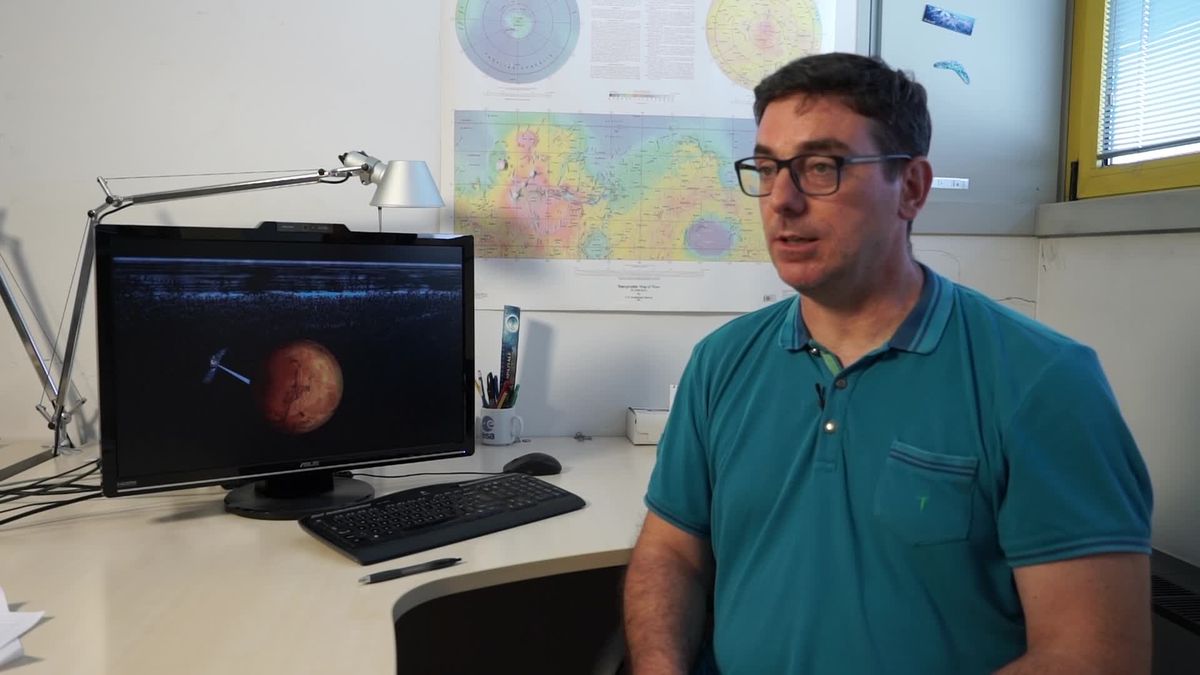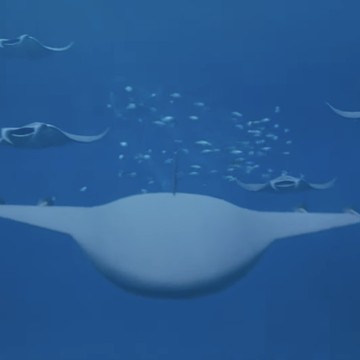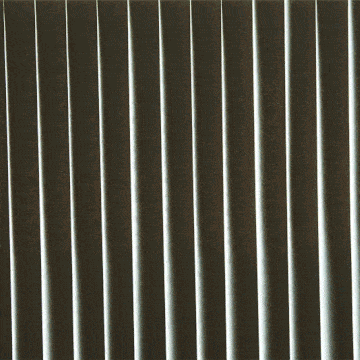- Mars may be dotted with "signs of life," but we've been fooled before.
- Researchers urge caution in a new paper detailing the history of false "biosignatures."
- Those include archaeological deposits that only look like bacterial cells and carbon-based molecules.
If we find fossils on Mars, there's a good chance that they're actually fakes, scientists warn in a new paper, published last week in the Journal of the Geological Society. And while it's easy to see how such a thing happens in the foreign atmosphere of space, the researchers say there are centuries of false fossil finds here on Earth, as well. It turns out it's easy to see something and draw the wrong conclusions—so will we get fooled again?
The paper, a review of existing research, looks at evidence of all known processes that could have created life on Mars. "It is often acknowledged that the search for life on Mars might produce false positive results, particularly via the detection of objects, patterns or substances that resemble the products of life in some way but are not biogenic," the authors note. "The success of major current and forthcoming rover missions now calls for significant efforts to mitigate this risk."
To reduce the risk of false positives, called "false biosignatures," we must look closely at the different processes that can give rise to deposits that appear to be fossils. These types of samples date back as long as people have been discovering geological artifacts on Earth. "In the nineteenth century, intricate layered and tubular structures found in rocks from the Canadian shield were interpreted as ancient forams, designated the 'dawn animal of Canada,'" the researchers explain. Experts later showed that these samples were inorganic, or non-living. This is a common theme. During the 20th century, paleontologists in other places around the world also mistook drag marks for "worm trails," for example, and natural pyrite crystallizations for organisms they named "medusae."
All these examples suggest that we should use caution with samples from Mars. "[T]he return of samples from Mars will not necessarily solve once and for all the problem of the existence of (ancient) life on that planet," the researchers explain. "Although we must hope for definitive results, candidate biosignatures are likely to be at least somewhat ambiguous." In fact, Mars itself has already hosted examples that are rather inconclusive, and Occam's razor—a philosophical principle that states that the simplest explanation is usually the best one—says these should still be taken as ambiguous rather than suggestive.
It's uncomfortable to live with ambiguity, especially when one possible explanation is so cool, like life on Mars. But the scientists urge caution and encourage other researchers to stay in the zone of ambiguity if that's what the evidence suggests. "To give an extreme example from Earth, the biogenicity of the filamentous mineral networks found in 'moss agates' has been unclear for more than 200 years," they explain.
So what are the potential red flags on Mars? Space programs already plan to do a more thorough exploration of Mars than we've seen from even very successful space probes and surface rovers, so there will almost definitely be new examples from those programs in the future. But to date, there are a couple of well-known examples: "These included carbonate globules and magnetite crystals resembling bacteriogenic precipitates, polyaromatic hydrocarbon compounds, and worm-like microstructures interpreted as morphological fossils."
All, the researchers say, are still ambiguous, with life as just one of many possible explanations. "Environments conducive to the origin and maintenance of life may also, by their very nature, be conducive to the formation of false biosignatures," the researchers say. Indeed, it makes sense that using caution in the beginning could lead to more believable and conclusive outcomes down the line.
🎥 Now Watch This:

Caroline Delbert is a writer, avid reader, and contributing editor at Pop Mech. She's also an enthusiast of just about everything. Her favorite topics include nuclear energy, cosmology, math of everyday things, and the philosophy of it all.













